But the Nazis' cynicism had no limits. "Every Jew was required to pay for the ticket to the train taking him to his death," Mueller says. "Five Dutch guilders for a trip from Amsterdam to the Westerbork transit camp. In addition to the money paid by the Jews, the train company also got a payment from the Nazis. By the way, the Nazis got the money to pay the Dutch from seized bank accounts of wealthy German Jews."
Seventy-five years after seeing his mother for the last time, Muller decided to live up to the promise he made her: be a good boy, even if that boy is in the ninth decade of his life. Mueller, who is 82 today, waged a one-man campaign against the Dutch train company with the help of a lawyer he paid for out of his own pocket. He sued the train company for compensation to the Holocaust survivors who were expelled on its trains. After a long battle, in a symbolic timing—close to the 80th anniversary of Kristallnacht—Muller scored a win. Last week, the heads of the national Dutch train company announced they will compensate any Holocaust survivor and first-degree relatives of victims who were expelled aboard the company's trains. "It's a small consolation and a small sum," he says in an interview from his home in Amsterdam, where he returned after the war. "But it's mostly an important and symbolic victory." Salo (Salomon) was born in 1936 in Amsterdam, an only son to his parents. "My grandparents were very religious, but my parents' generation was a lot less so," he says. "We didn't go to the synagogue. But we also didn't eat non-kosher meat." He had a happy childhood, even if it was shadowed by World War II. "As a child, I was sheltered. I didn't know there was a war going on." The Nazis invaded the Netherlands in May 1940 and conquered it in short order. A year later, the Nazis began sending Jews to concentration camps and from there to extermination camps.Salo's mother and father were taken to the Hollandsche Schouwburg, a theater in Amsterdam, where they were gathered along with other Jews.
And what happened to little Salo, who was left behind? "Friends of my parents picked me up from kindergarten and took me to the home of my aunt and uncle, who were crying. I asked them where were mom and dad, and my aunt said they would return in a few days. That night there was banging on the door of their home. The Germans, reinforced by Dutch police, were at the door," he recalls.
"They led me to the theater, and suddenly I saw my parents there! I ran with my hands outstretched to my mother and called out 'Mama, I'm so happy to see you.' A hand grabbed me before I was able to reach her, and a soldier and a nurse took me away. It was the last time I saw them."He was once again picked up by his aunt and uncle, beginning an incredible journey that stretched over four years and eight houses in which he hid as a child during the Holocaust.
"These were the homes of people the Dutch underground paid a little money to hide Jewish children," Muller explains. "Some of the homes belonged to devout Christians, who wanted to save a child to please God. But they forbad me from playing with their children, so I won't sully their toys. My body was bleeding and filled with bite marks from rats that infested the storage rooms I was hiding in." At the end of the war, at the age of nine, Muller was taken back to Amsterdam, where he found his aunt. His parents, like many of the Dutch Jews, were murdered. Later, he studied physiotherapy and became a physiotherapist for the Amsterdamsche Football Club Ajax. "I worked with Johannes Cruijff in his glory days. A nice and very shy man, but the minute he took the field emerged the best soccer player in the world," he says. He got married and had two children, who gave him five grandchildren. "I completed the victory over the Nazis: I started a wonderful Jewish family. But something still wouldn't let me rest," he says. The voices of his parents and the other Dutch Jews haunted Muller. Despite and maybe because he was a well-known figure in his country—even releasing a book recounting his experiences during the Holocaust called "See You Tonight and Promise to be a Good Boy!"—he refused to leave the past in the past. "I asked myself what I could do. After all, the money the train company made for transporting the Jews to their deaths belongs to the victims or their children," he says."Three years ago, I wrote to the train company and demanded compensation. They responded with a laconic answer: 'Thank you for your letter, we cannot grant you individual compensation, but we donate to different projects to memorialize the Holocaust,'" Muller says.
"So I sent another letter, writing: 'I'm sorry, but you can't take Jews' money and then once a year donate to a memorial site or a statue of some sort. Thank you for doing this, but this money is not yours. It belongs to the survivors and the relatives of the victims.' And again they turned me down. This is when I started to get angry."
Equipped with righteous fury and a combative attitude, Muller demanded to meet with the CEO of the Dutch train company. "I went to the meeting with my wife, whose parents were murdered in Sobibór. The CEO was nice, but at the end of an hour-long meeting he made it clear the company won't pay individual compensations," he recalls. "I left him a copy of my book. 'Perhaps you'll think differently after you read this,' I told him. Several months later, I asked to meet with him again. In that meeting, he told me he read my book and he expressed sorrow over the victims of the Holocaust, but his response remains the same."Muller decided to hire the services of a well-known Dutch human rights lawyer, Liesbeth Zegveld. "After she heard my story, she told me: 'I love your history. Let's fight the train company together.'"
But Muller was facing another small obstacle: the lawyer's pay. He turned to friends and acquaintances and asked them to donate money for the project. "A lot of my friends were supportive, but many others told me 'Salo, go to the movies, find a hobby, let this thing go, it's a lost cause.' After we won, the same friends told me 'Congratulations, we knew you'd succeed.' I told them, 'You refused to help when I asked you for money and now I've become your hero? No thanks,'" he recalls.
When the exchange of letters began between the Dutch train company and the lawyer, a historical argument was brought up. When the Netherlands was conquered by the Nazis, the Dutch royal family and the Dutch government fled to Britain. The government-in-exile advised many companies, including the national train company, to aid the Nazis in return for payment, for economic survival. The train company made that claim to Muller and added: It was a long time ago, it's not our fault.
"They had to do what the Nazis ordered them to do, and they got money for it," Muller says. "I don't know what would've happened to the Dutch train company had its heads refused to cooperate with the Nazis. The fact is that they didn't refuse to cooperate, and didn't stop for a moment."
"The Nazis didn't tell the train company what train cars to transport the Jews in—the company chose to expel the Jews in cattle cars, because it was a lot cheaper and faster to send them to their deaths that way. They saw the Jews as dirty swine," he adds.
The train company's attempts to shirk their responsibility led Muller and his lawyer to send one final letter with an ultimatum: If you don't pay, we'll sue you. Muller also took advantage of the threat to sue the French train company SNCF, which led the French to pay 40 million GBP to the families of Holocaust victims who were sent to their deaths abroad the company's trains.
Last week, the Dutch train company caved and announced it will pay compensation to survivors and their first-degree relatives.
"After I threatened to take them to court, they got scared and sent a letter with a commitment to pay compensation," Muller says with genuine excitement. "The CEO told me 'Mr. Muller, you won.' People in the Netherlands are calling me a hero. But I don't see myself as a hero, but as a man who fought for the survivors and for justice."
The train company will establish a compensation payment mechanism, which will examine requests for compensation on a case-by-case basis. There are only an estimated 80-90 Dutch Holocaust survivors left alive who are eligible for the compensation, and a relatively low number of first-degree relatives.
"We don't have accurate numbers, but I'm a pitbull, and I'll get all of the information quickly," Muller promises.
After news of his victory over the train company made headlines, Muller received letters and calls from children of Holocaust survivors who wanted to thank him. His family in Israel also expressed great pride at the campaign Muller waged.
"I'm a great fan of Israel," he says. "I have relatives in Israel, I visited it several times, even with Ajax in the 1960s. Every time the plane lands in Tel Aviv, I cry with excitement like a little boy, I don't even know why. I don't know the Israelis, but I love them with all of my heart. I hope other Israeli relatives of victims could receive compensation."
He has yet to experience any acts of anti-Semitic behavior, "perhaps because I'm a well-known figure in the Netherlands. But for years now that there's an anti-Semitic wave in the Netherlands rearing its ugly head; every Saturday there is an anti-Israeli protest at Dam Square, and people are saying Israel is poisoning and murdering Palestinian children. Those claims bolster anti-Semitism. Jews here are afraid to wear a kippah on the street. Perhaps this is the next task we need to tackle," he says.
Have you thought about what your mother would say, had she known about the campaign you waged against the Dutch train company and its success?
"She would've probably told me 'I'm proud of you, my boy.'"
Holocaust survivor gets Dutch train company to pay damages : https://ift.tt/2BWPkwu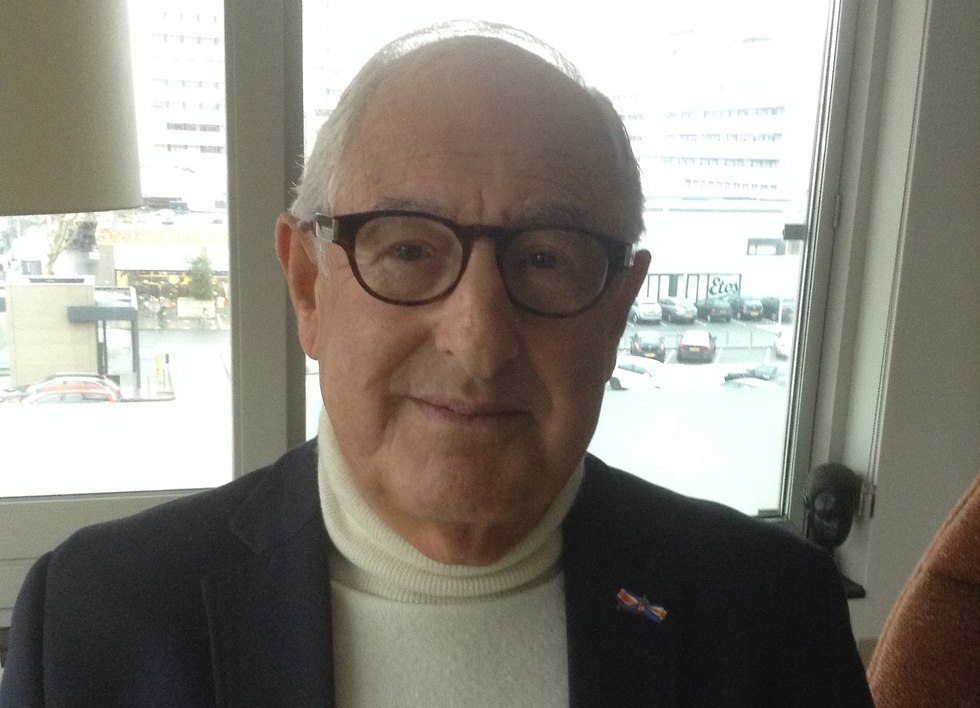
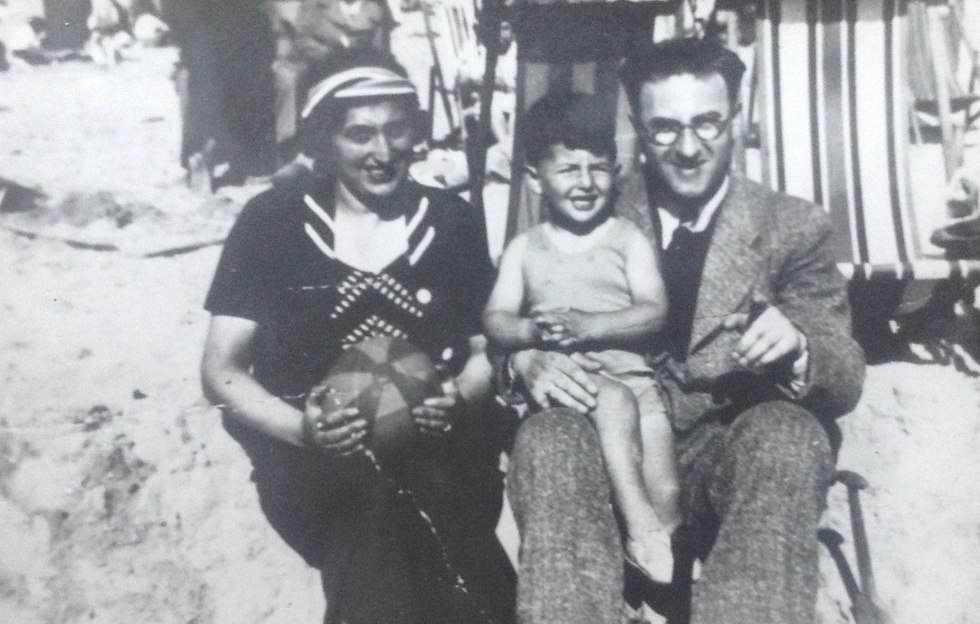
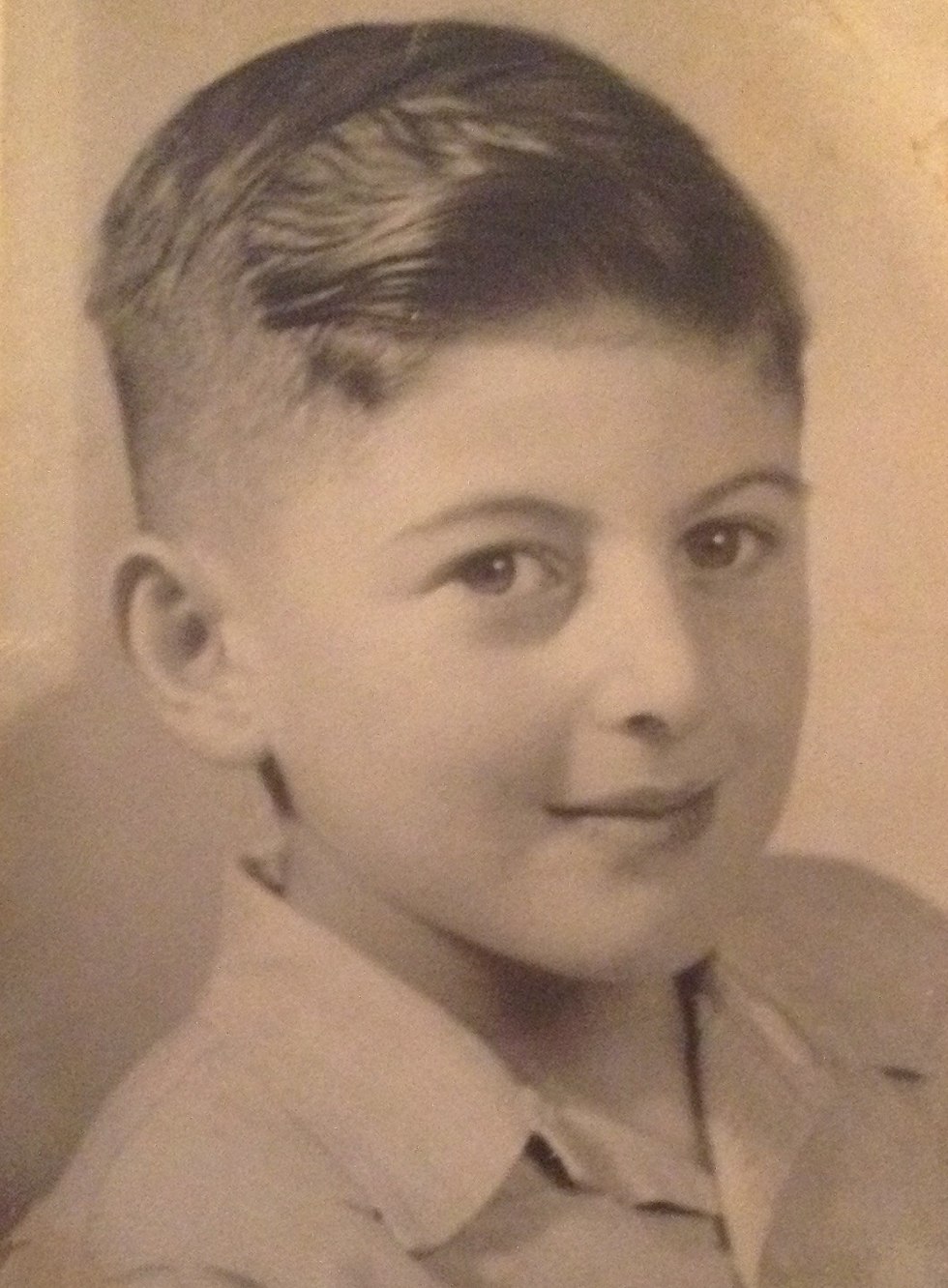
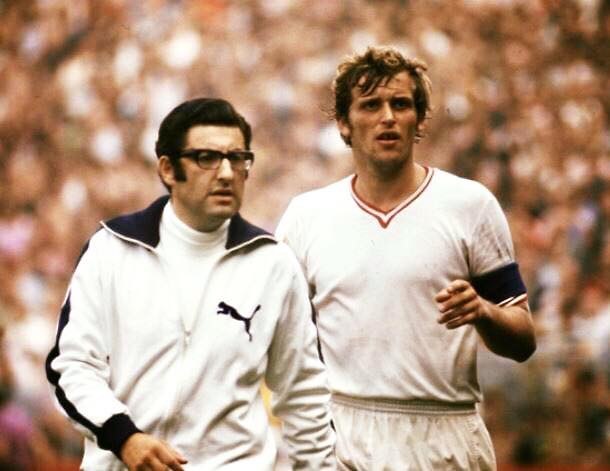
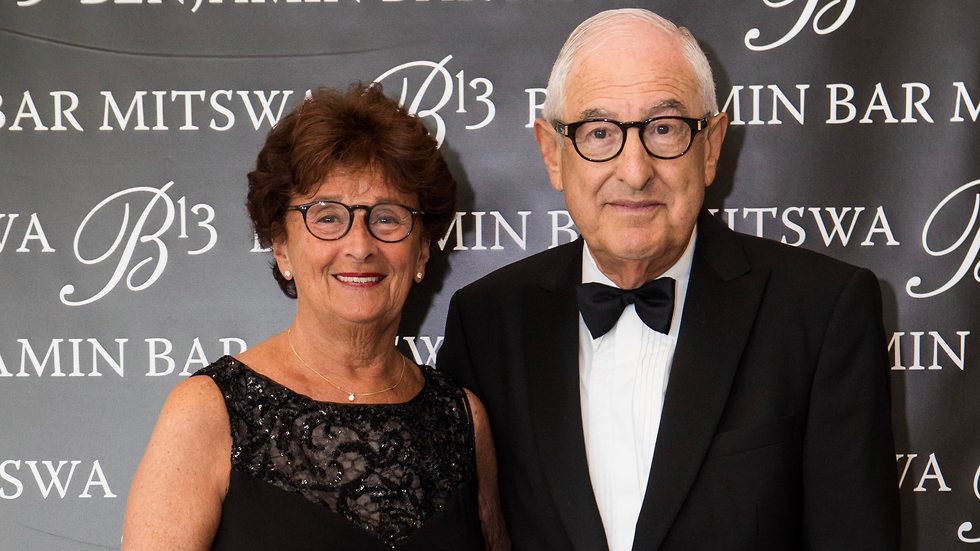
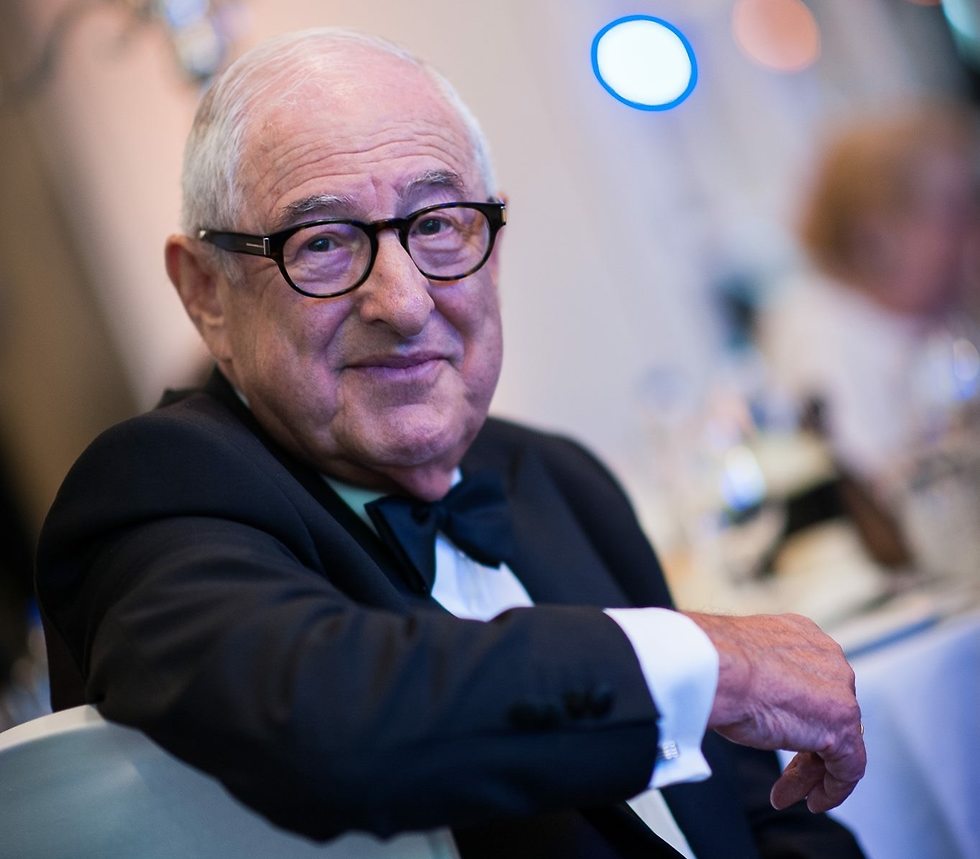
No comments:
Post a Comment